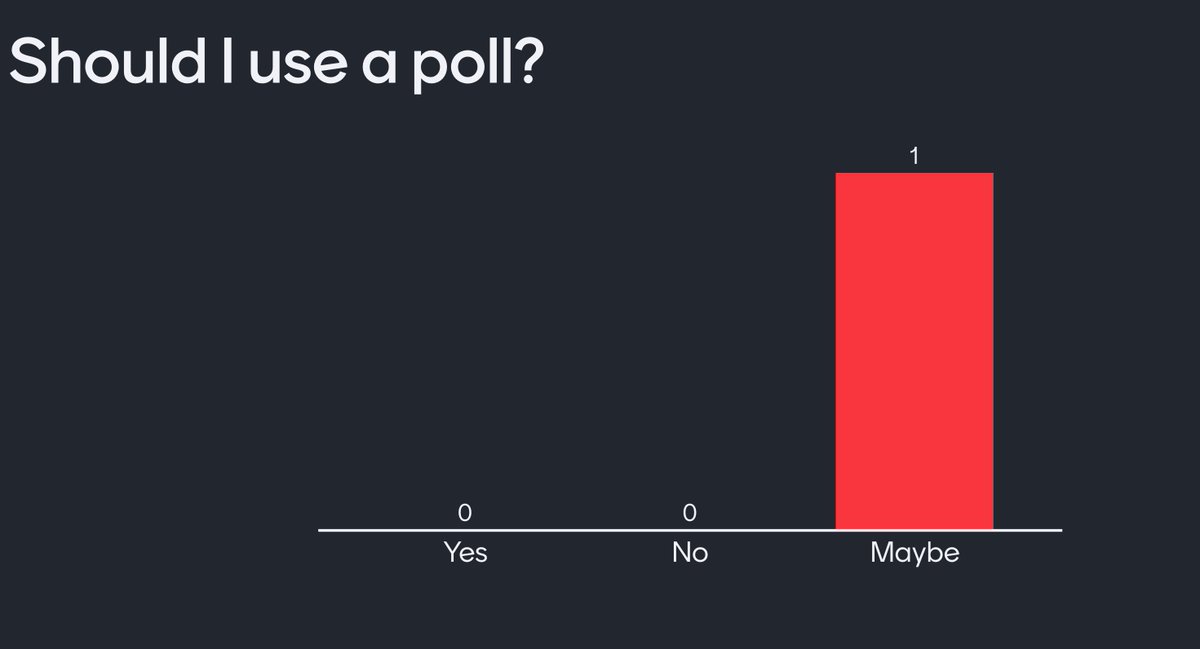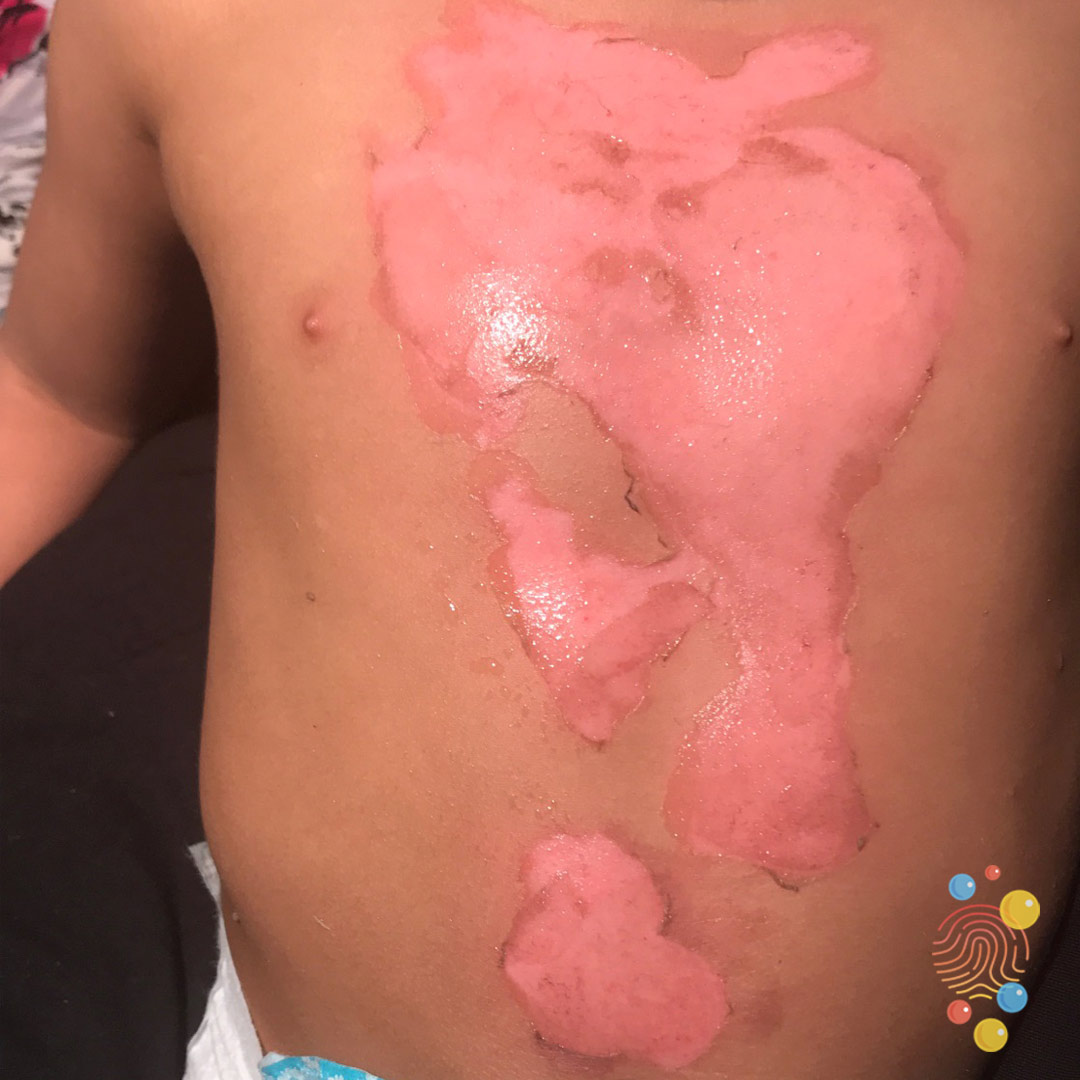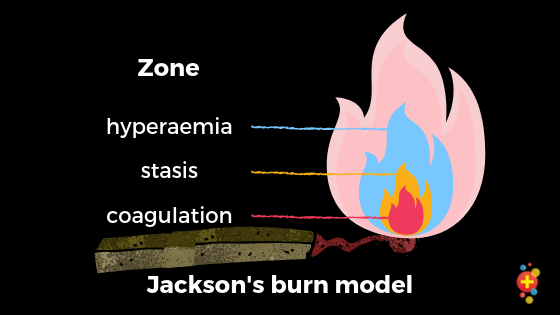
Are you making the most of online teaching?
When we teach in medicine we want instructional learning – teaching students to independently use learning to accomplish tasks in clinical practice
Core to this is engaging them in their own learning
Here's how (Kraiger 2020):
1/4
When we teach in medicine we want instructional learning – teaching students to independently use learning to accomplish tasks in clinical practice
Core to this is engaging them in their own learning
Here's how (Kraiger 2020):
1/4
1. Use generative effects
Help your learners integrate + elaborate new knowledge by connecting their new + existing knowledge bases
After your session, prompt your students to apply what they’ve learned to a real clinical situations (+ demonstrate concepts to others)
2/4
Help your learners integrate + elaborate new knowledge by connecting their new + existing knowledge bases
After your session, prompt your students to apply what they’ve learned to a real clinical situations (+ demonstrate concepts to others)
2/4
2. Use prompts/metacognition
Here the learner facilitates their own regulation of learning by questioning the learning strategies being used.
Get your students to provide explanations to connect your content to what they already know.
3/4
Here the learner facilitates their own regulation of learning by questioning the learning strategies being used.
Get your students to provide explanations to connect your content to what they already know.
3/4
3. Retrieval.
Have learners recall info that is now consolidated into their long-term memory.
This is done through frequent repeated testing on concepts learned throughout their training, not just in the session. So follow up on your teaching on the shop floor.
4/4
Have learners recall info that is now consolidated into their long-term memory.
This is done through frequent repeated testing on concepts learned throughout their training, not just in the session. So follow up on your teaching on the shop floor.
4/4
• • •
Missing some Tweet in this thread? You can try to
force a refresh










